Google Pixel 5 vs. Pixel 4: All the biggest changes
The Pixel 5 has turned out to be a very different phone from the Pixel 4
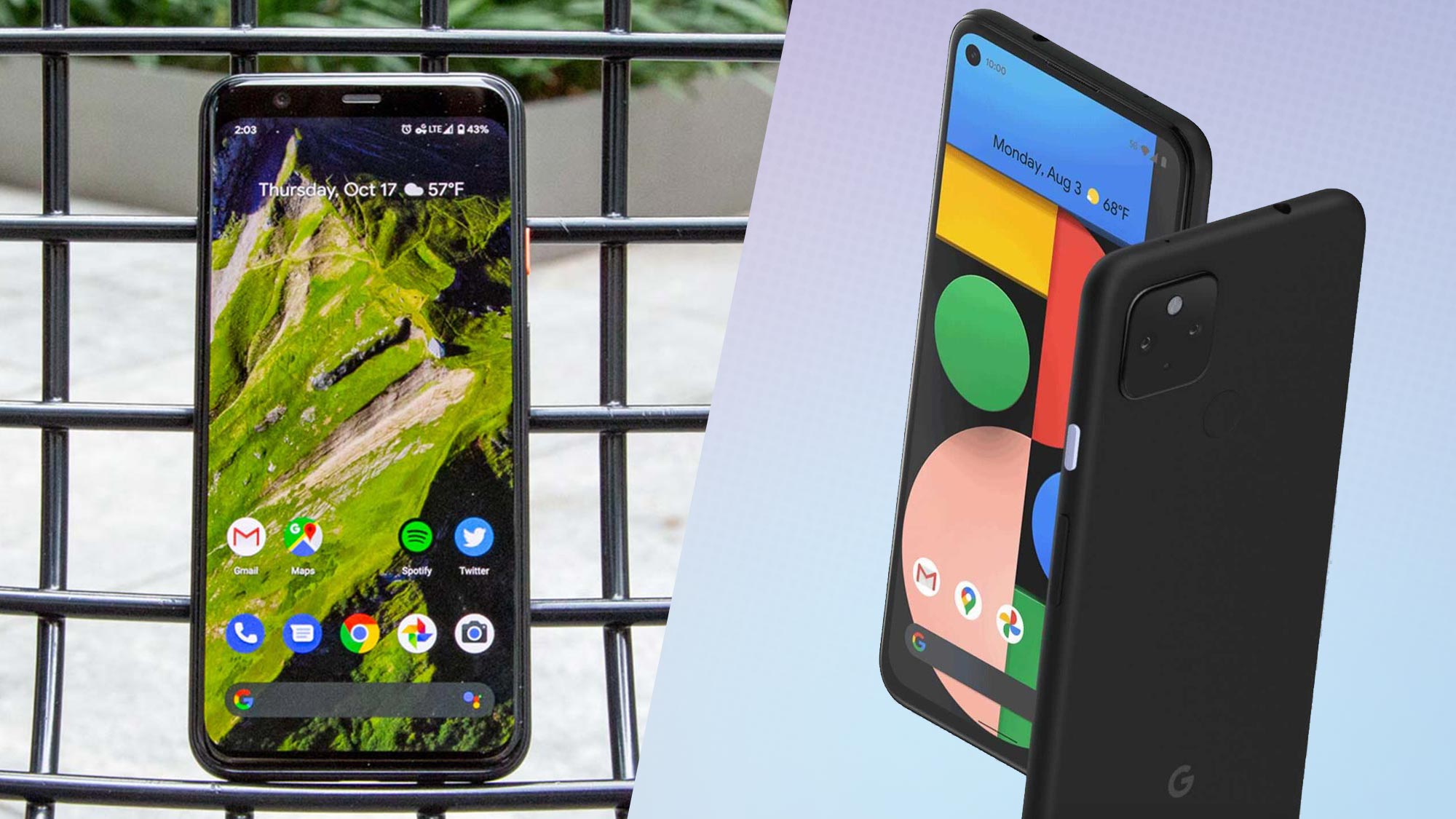
Now that it's been unveiled, the Google Pixel 5 is a much different smartphone than previous Pixel flagships. While Google has looked to go toe-to-toe with market leaders Apple and Samsung in the past, the search giant has taken a different tack with its hardware this time around. With the Pixel 5, Google has placed the focus on what it does best — photography and software — and leave the specs race to other flagships.
That's result in a dramatic departure from the Google Pixel 4 that came out last year. To find out just what kind of changes Google has made, we've compared the Pixel 5 vs. the Pixel 4. While all this is subject to change once we get a chance to test the Pixel 5, this Pixel face-off gives us a pretty good idea of the new direction Google has taken.
- Google Pixel 5 vs. Pixel 4a 5G: What's different?
- The best Android phones available
- Plus: Pixel 4 vs. Pixel 4 XL
Here's how the Pixel 5 and Pixel 4 compare in some key areas.
Google Pixel 5 vs. Pixel 4 specs
| Phones | Pixel 5 | Pixel 4 |
| Price at launch | $699 | $799 |
| Screen size | 6 inches | 5.7 inches |
| Refresh rate | 90Hz | 90Hz |
| CPU | Snapdragon 765G | Snapdragon 855 |
| RAM | 8GB | 6GB |
| Storage | 128GB | 64GB, 128GB |
| Cameras | 12.2MP (main) and 16MP (ultra wide) rear; 8MP front | 12.2MP (main) and 16MP telephoto (rear); 8MP front |
| Battery size | 4,000 mAh | 2,800 mAh |
| 5G? | Yes | No |
| Size | 5.7 x 2.8 x 0.3 inches | 5.79 x 2.71 x 0.32 inches |
| Weight | 5.3 ounces | 5.71 ounces |
Google Pixel 5 vs. Pixel 4: Price
The Pixel hasn't hit the $999-and-up prices of devices like Apple's iPhone Pro or the Galaxy S and Note handsets from Samsung. But this is still a phone that's gotten more expensive over time. The Pixel 4 debuted at $799, while the Pixel 4 XL cost $899.
Google's reversing course with the Pixel 5, offering a phone that costs substantially less than rival flagships. The new phone will cost $699, a $100 discount from the Pixel 4's debut price, and $200 more than the Pixel 4a 5G.
The problem for the Pixel 5 is that there are a lot of 5G phones that cost $699 these days. And some, like the just-announced Galaxy S20 FE from Samsung, feature more impressive specs.
Nevertheless, the Pixel 5 is now available for pre-order. Verizon, Google Fi and US Cellular have already announced plans to offer Google's latest flagship.
Sign up to get the BEST of Tom's Guide direct to your inbox.
Get instant access to breaking news, the hottest reviews, great deals and helpful tips.
Google Pixel 5 vs. Pixel 4: Design and display
A big difference between the Pixel 5 vs. the Pixel 4 involves the lack of different models for the new phone. While Google has always come out with two versions of the Pixel — a standard model and a larger XL phone — the Pixel 5 stands alone. In other words, if you're looking for a larger version of this phone, you'll need to turn to the 6.2-inch Pixel 4a 5G.
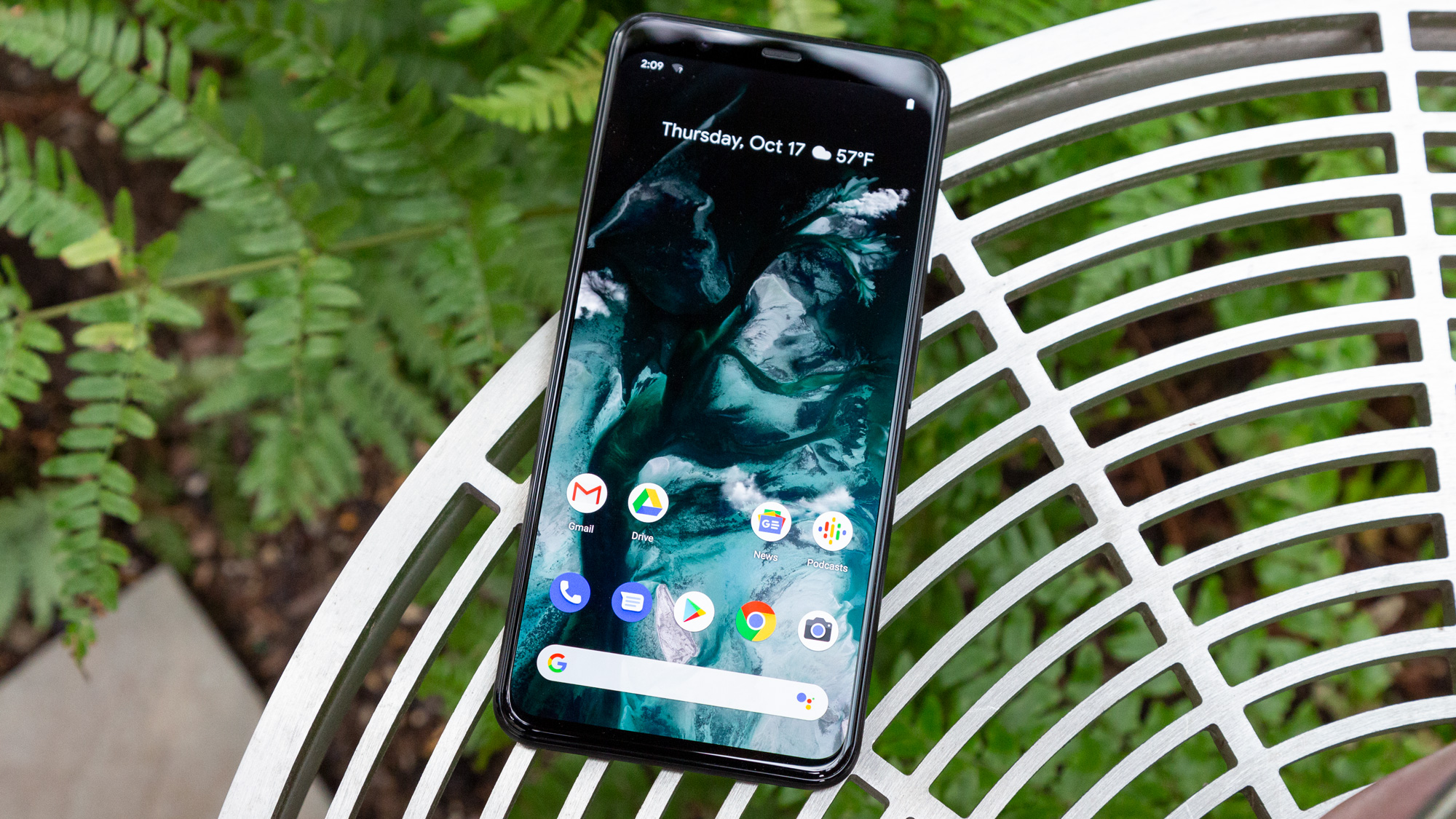
As for the Pixel 5, Google's new phone features a 6-inch screen — bigger than the 5.7-inch display on the Pixel 4 but not as large as the Pixel 4 XL's 6.3-inch panel. Google introduced a faster 90Hz refresh rate to the display on the Pixel 4 models, and that's stuick around for the Pixel 5. That will mean smooth scrolling and immersive gaming experiences.
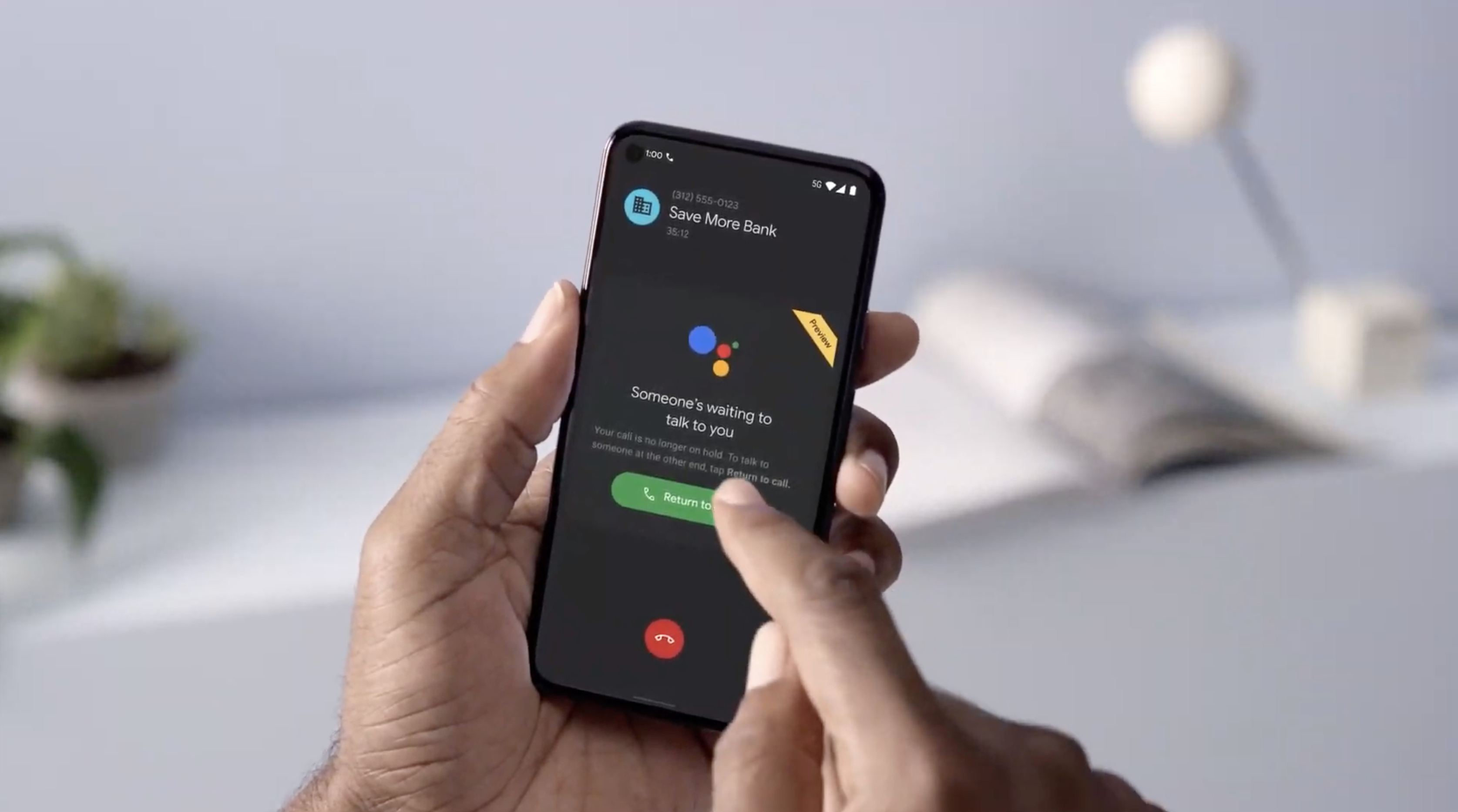
For the most part, the Pixel 5 has a design that's not unlike Pixel 4 and Pixel 4a, with a big square camera array in the upper left corner. One of the big exceptions involves the front of the phone, as the bezels around the top of the screen have shrunk on the Pixel 5. That means Google has ditched the Soli sensor it added to the Pixel 4. (More on what this means for the Pixel 5's features below.)
Google Pixel 5 vs. Pixel 4: Cameras
The Pixel 4 introduced a second lens to the back of Google's flagship phone in the form of a 16MP telephoto lens. While there had been hopes that the Pixel 5 might work in an additional camera — specifically a wide-angle optic — Google instead stuck to two lenses.
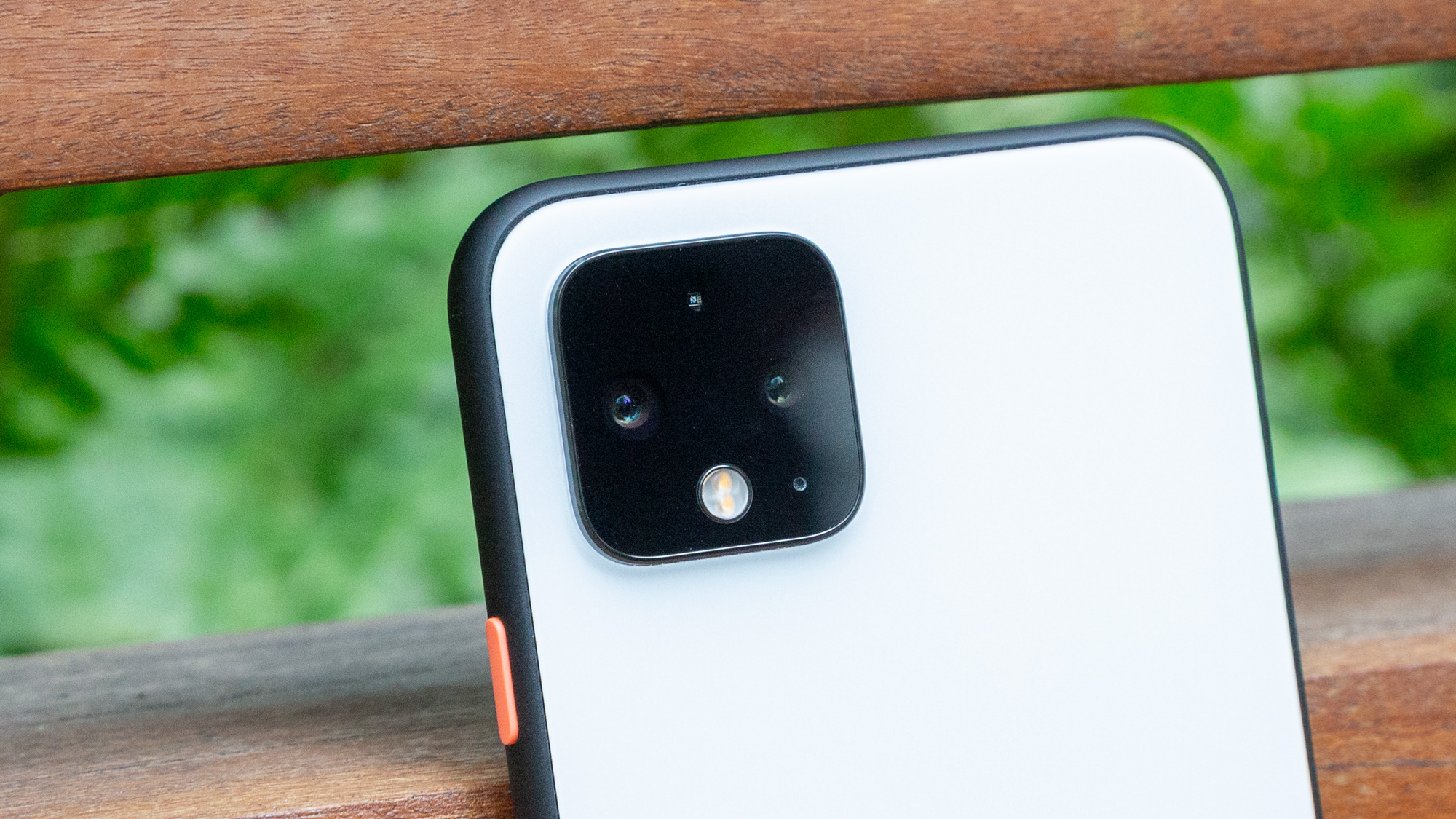
What cameras you'll actually find on the Pixel 5, however, aredramatically different. The latest Pixel features the same 12.2MP main camera as before. Instead of a telephoto lens, though, the Pixel 5 swaps in a 16MP ultra wide angle sensor. Be careful what you wish for, I suppose.
The move away from a telephoto lens makes sense under the theory that Google wants to keep costs down on its new phone. Telephoto sensors are expensive and usually the first cameras to be dropped from multi-lens arrays in midrange phones. What's more, Google's Super Res Zoom feature, which uses computational photography to enhance digital zoom, has proven more than capable of making up for the lack of a telephoto lens. and Google is touting its capabilities for the Pixel 5.
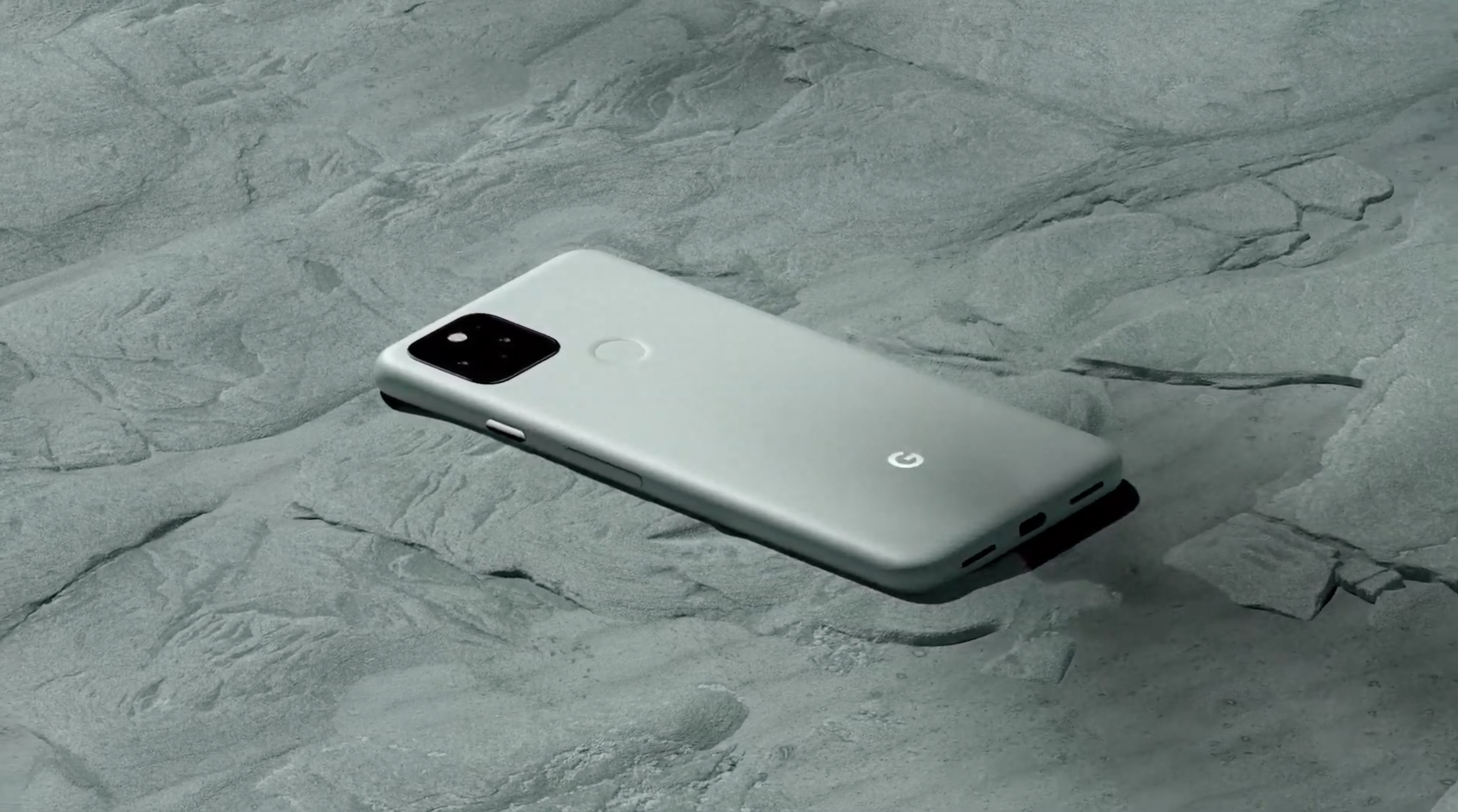
The Pixel's prowess as a camera phone has always depended heavily on Google's software to stand out from the crowd, and that's continuing with the Pixel 5. Among the features Google is adding include the ability to take portrait shots in Night Sight mode, plus a new Cinematic Pan feature when shooting video for smoother and slower pans. The Pixel 5 also lets you adjust the lighting on portrait shots for times when your photos end up backlit; you'll also be able to apply those effects to pre-existing photos.
Software updates sometimes bring some new camera features to older Pixels, and that might happen with the Pixel 4. For now, the above features are introduced with the Pixel 5 and Pixel 4a 5G.
Google Pixel 5 vs. Pixel 4: Performance
In terms of raw processing power, the Pixel 5 has taken a step back from the Pixel 4 in terms of processing power. Previous Pixels have all featured chipsets from Qualcomm's top-of-the-line 8 Series, with the Pixel 4 running on a Snapdragon 855. At the time of the phone's late 2019 release, that was one of the best mobile processors you could find in an Android phone.
The Pixel 5 is following a different route. For its new phone, Google turned to the Snapdragon 765G, a still capable chipset that lacks the processing oomph of something like the Snapdragon 865 Plus found in the new Samsung Galaxy Note 20. The decision is likely driven by price — phones with the Snapdragon 865 series tend to cost around $1,000 (or more in some extreme cases), while Snapdragon 765-powered handsets cost as little as half that.
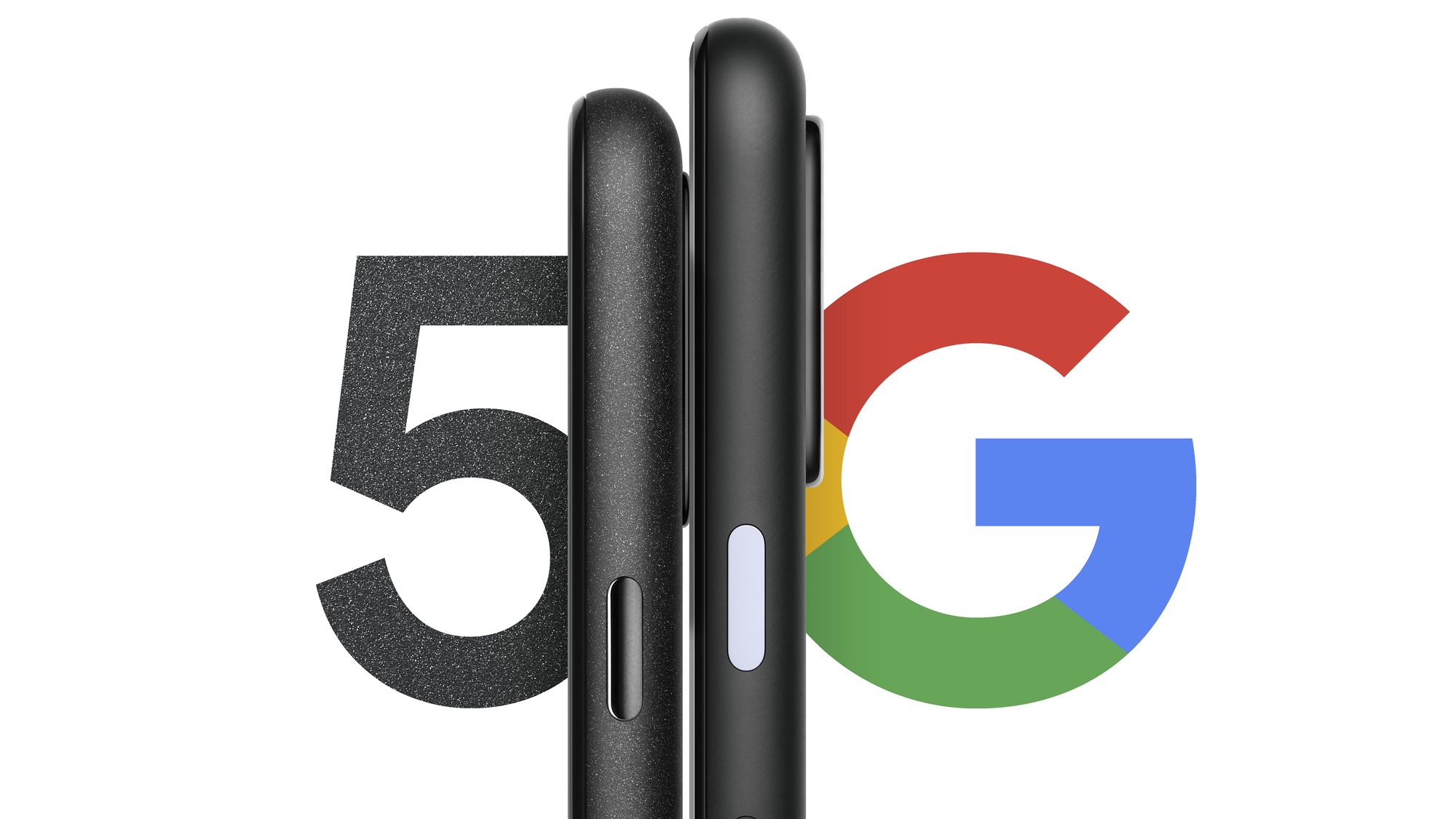
Google gains one advantage by going with the Snapdragon 765G. That system-on-chip includes a built-in 5G modem. For all its strengths, last year's Pixel 4 featured no 5G connectivity.
The Pixel 5 also gets a boost in RAM over last year's phone. Google has traditionally been pretty stingy with memory, and the Pixel 4 features just 6GB at a time when 8GB and 12GB of RAM are found in rival phones. The Pixel 5 features 8GB of memory while doubling the phone's capacity to 128GB.
Google Pixel 5 vs. Pixel 4: Battery and charging
The Pixel 4 took a big step back in battery life, paying the price for Google's decision to scale back the size of the battery to 2,800 mAh. On our battery test, the Pixel 4 barely lasted 8 hours — well below average for any smartphone, let alone one that's supposed to be a flagship device.
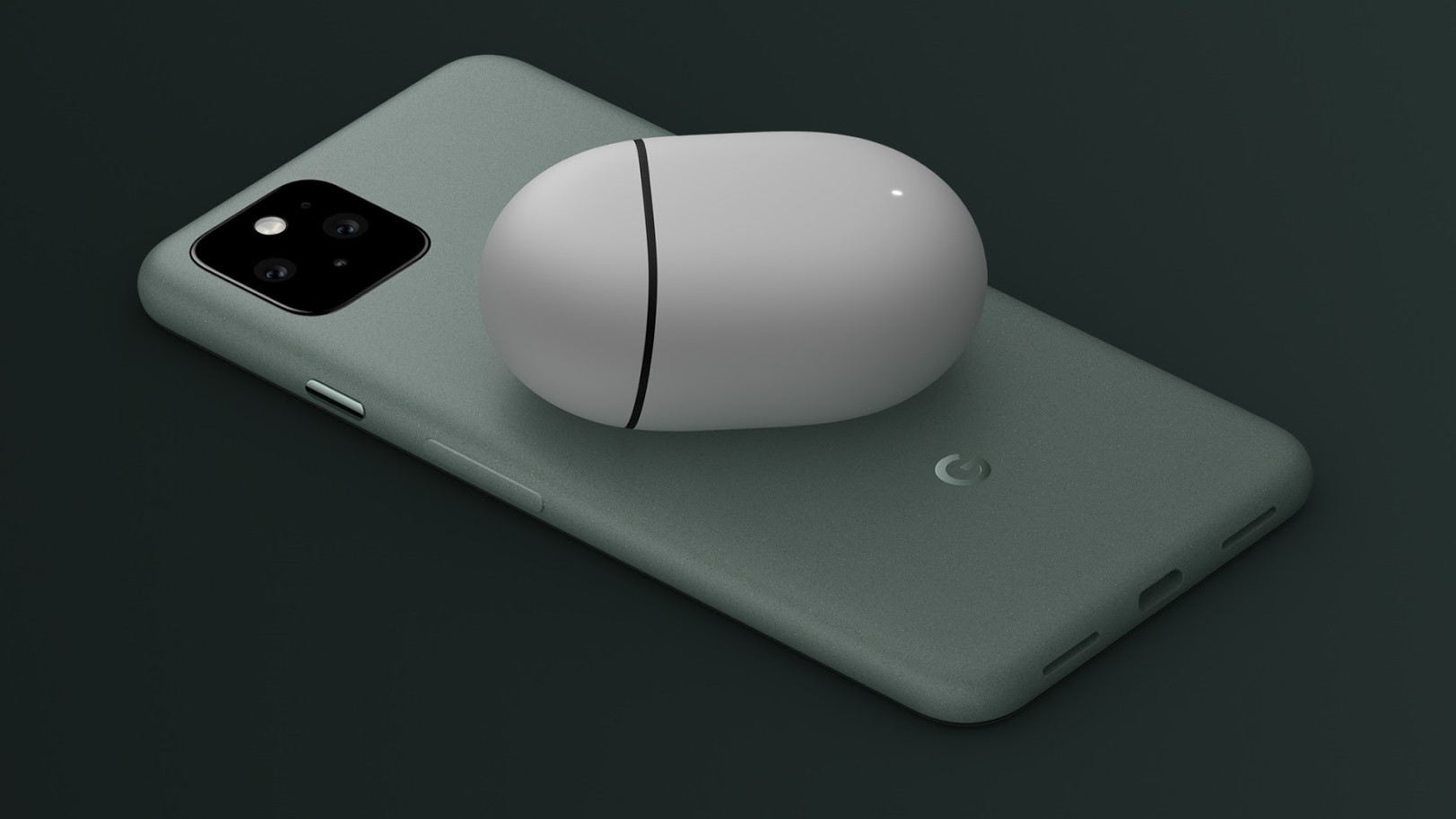
Google has learned its lesson, as the new phone runs on a 4,000 mAh battery, a big gain over the Pixel 4. Throw in the energy efficient Snapdragon 765G , and we could see vastly improved battery life once we test this new phone, possibly enough to place the Pixe;l 5 among the devices with the best phone battery life.
Like the Pixel 4 — and unlike the Pixel 4a and Pixel 4a 5G— the Pixel 5 offers wireless charging, while gaining the ability to offer revere charging for other Qi-compatible devices.
Google Pixel 5 vs. Pixel 4 special features
The Pixel 4 introduced Motion Sense gestures controls via the Soli sensor added to the top front of the phone. With Motion Sense, your Pixel 4 could detect midair gestures like a wave of the hand and do things like skip forward when playback videos or music. Gesture controls were promising, but a little limited, and we were hoping to see Google expand on them in future phones.

That's not happening with the Pixel 5, as there's no Soli sensor. (That would account for the thinner bezels around the Pixel 5's screen.) It would have been nice if Google had more fully developed Motion Sense, but since it means a lower price for the Pixel 5, that's a trade-off most users will accept. Unfortunately, this also seems to affect the face unlock feature on the Pixel 4, which was superlative.
The Pixel 5 ships with Android 11, and you can expect three years of software and security updates for the new phone. Google is also introducing a new Hold for Me feature, in which the Google Assistant must deal with irritating Muzak while on hold. The vaunted Recorder app also gets new editing features where you can select text in the transcript to edit an audio file.
Google Pixel 5 vs. Pixel 4: Outlook
The Pixel 5 is definitely be a different phone from the Pixel 4. Whether it's a step backward is something we won't know until we get a chance to test the new phone to see how it measures up to last year's flagship.
Based on this Pixel 5 vs. Pixel 4 comparison, though, the Pixel 5 has emerged as a less expensive Android phone that banks on its value and software features to make up for some of the downsized specs from the Pixel 4.
Philip Michaels is a Managing Editor at Tom's Guide. He's been covering personal technology since 1999 and was in the building when Steve Jobs showed off the iPhone for the first time. He's been evaluating smartphones since that first iPhone debuted in 2007, and he's been following phone carriers and smartphone plans since 2015. He has strong opinions about Apple, the Oakland Athletics, old movies and proper butchery techniques. Follow him at @PhilipMichaels.
-
ticobird This was a good tomsguide comparison article. I'd like to share my recent decision. My Samsung S5 was getting long in the tooth and was not able to run newer applications due to an older OS so I started looking around especially in the Google Pixel direction because of a cleaner and unpolluted OS that was updated on a regular basis. I am not very wealthy and $600 and up seemed to me to be too expensive. When the Pixel 4a price dropped to $349 I thought about the lack of wireless charging and decided it was not worth an extra $150 and pulled the trigger. I am quite satisfied with my choice and think anybody choosing a Pixel phone (any variety) will be happy with their choice. The Pixel 5 seems to be priced right to sell well enough. Personally, I struggle with justifying paying the exorbitant prices of the competition's flagship phones when there is this good of a competitive choice.Reply

